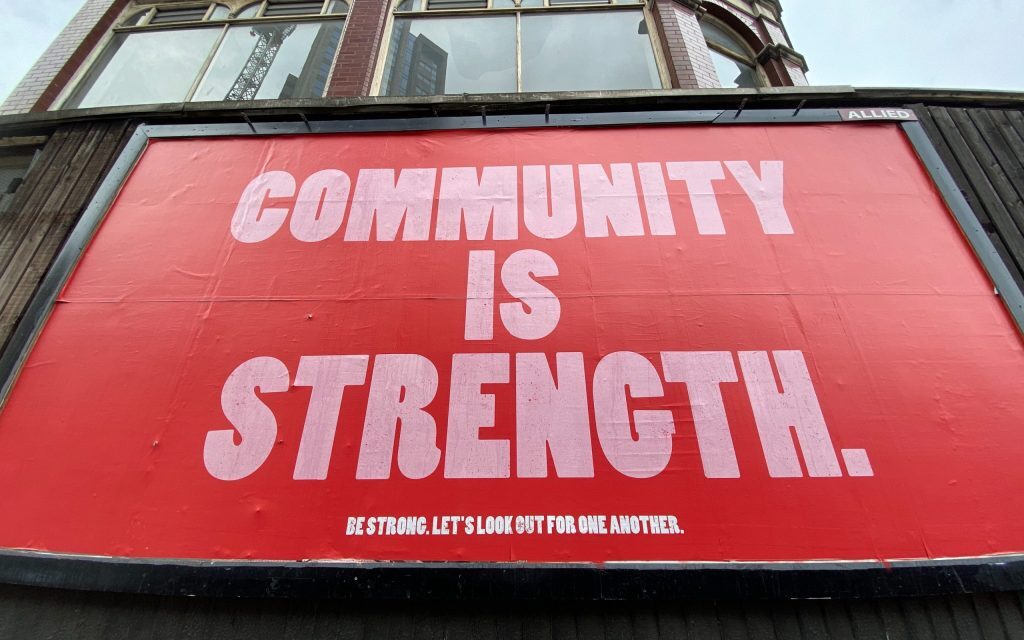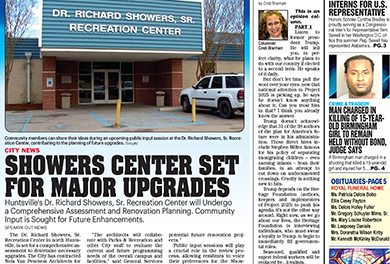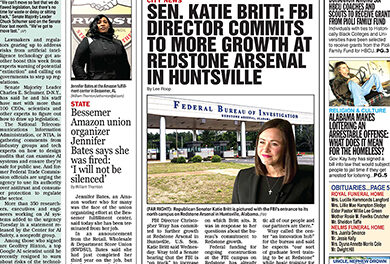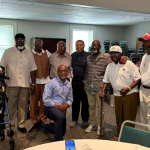By Tashi McQueen
AFRO Political Writer
tmcqueen@afro.com
As youth crime rates rise, Baltimore leaders are bringing the stakeholders together to try and find a community-level solution.
Homicides are at 251 in Baltimore City as of Dec. 15, which means the city is on track to break its 300 annual homicide record after nine years, but auto thefts are a persistent problem, as well—up 227 percent, largely due to youth.
Marvin “Doc” Cheatham, president of the Matthew Henson Neighborhood Association, is leading an effort to stop youth crime in Baltimore through a three-pillar initiative – one tenet being a call to action for Black men.
“It’s not OK for us to accept the fact that children are basically running our city now, and they actually know it.”
“We’ve reached out to all people and all men, but we put a special emphasis on Black men because it is Black boys and girls that are doing this,” said Cheatham. “The Matthew Henson Neighborhood Association is the group who started this, and that was because we’ve experienced three shootings in the last 18 months outside of Carver Vocational-Technical High School.”
“We know we have a big problem,” he continued. “I think the first thing is we got to get men to at least say ‘We can help. Let’s see what we can do.’”
In one of those shootings, three teenagers were wounded, and five people have been arrested in connection with the incident.
On Dec. 19 at 11 a.m. Cheatham will hold a “state of emergency” press conference, where he is hoping Black men can come together for this initiative. The gathering will be held on the corners of 1500 N. Payson St. and 2000 W. Presstman St.
“We will ask Black men to come out and spend at least two hours, once a week for the next three months to try to talk to kids and find out what the problems are and to find solutions,” said Cheatham.
Cheatham said he has already invited faith leaders, leaders of sports teams, mayoral candidates, and many more to attend this event.
“I will be attending the Dec. 19 event. I believe that Doc Cheatham and his folks are doing a tremendous service to the community by shining a bright light on this troubling situation,” said Wendell Freeman (D), a Baltimore City mayoral candidate. “Our Black youth are in a downward spiral put on them by our failing education system and a lack of proper parenting. We, as a community, need to focus on getting our Black youth a much-improved school system that will make sure that they can read and write. The crime cannot truly begin to be solved until this is done.”
Cheatham’s initiative includes keeping Baltimore City Recreation Centers open longer, increasing the array of daily programs available and calling state legislators representing Baltimore City to revise and pass laws in the 2024 Maryland General Assembly session that will provide juvenile justice reform.
“It’s not OK for us to accept the fact that children are basically running our city now, and they actually know it,” said Yolanda Pulley (D), a Baltimore City mayoral candidate. “It’s time for us to take the streets back from the children and put it back in the hands of the adults. We can do this by showing that we are tougher on crime, but we also are empathetic to the one who was just out there being one of the followers instead of the leader.”
“A lot of times, these students really don’t have things to do. They don’t have a support system. So they make dumb mistakes. If we decided to come together and find some opportunities for a solution, we would be able to help them out,” said Wayne “Uncle Wayne” Baker (D), a Baltimore City mayoral candidate. “I’m going to attend this event, so maybe we can gather some of the men in Baltimore City who are trying to come up with opportunities and solutions to help these young men instead of punishing them.”
As mayor, Baker said he would focus on implementing four major trade schools in the inner city with learning opportunities in skills like HVAC installation, barbering, electrical, plumbing, roofing and diesel mechanics for those youth who don’t see a future in traditional education.
Tashi McQueen is a Report For America corps member.
The post Baltimore activist Doc Cheatham calls on Black men to take action against youth crime appeared first on AFRO American Newspapers.











